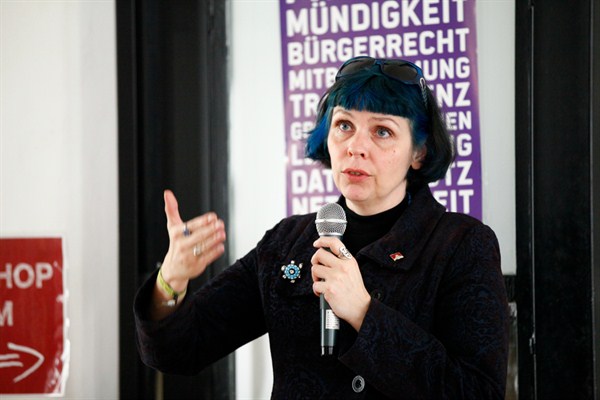Recent polls ahead of Iceland’s parliamentary election on Oct. 29 show the anti-establishment Pirate Party polling consistently around 20 percent, likely putting it in a position to form Iceland’s next government. In an email interview, Gunnar Helgi Kristinsson, a professor at the University of Iceland, discusses Iceland’s politics.
WPR: To what extent has Iceland recovered from the 2008 financial crisis, what economic issues are still facing the country, and to what degree is the crisis and its aftermath still a political issue in the current election campaign?
Gunnar Helgi Kristinsson: On Oct. 29 Icelandic voters will go to the polls for the third time since the economic meltdown of 2008. In 2009, most voters believed that neoliberal policies were largely to blame for the crash and, in response, elected the country’s most left-wing government to date. But in 2013, after four years of unpopular austerity, voters gave parties on the center-right a second chance due to their frustration with the left and the attractive election promises made by the opposition, such as mortgage forgiveness. However, the popularity of the center-right government vanished even faster than its predecessor’s due to its failure to deliver on many of its election promises.

